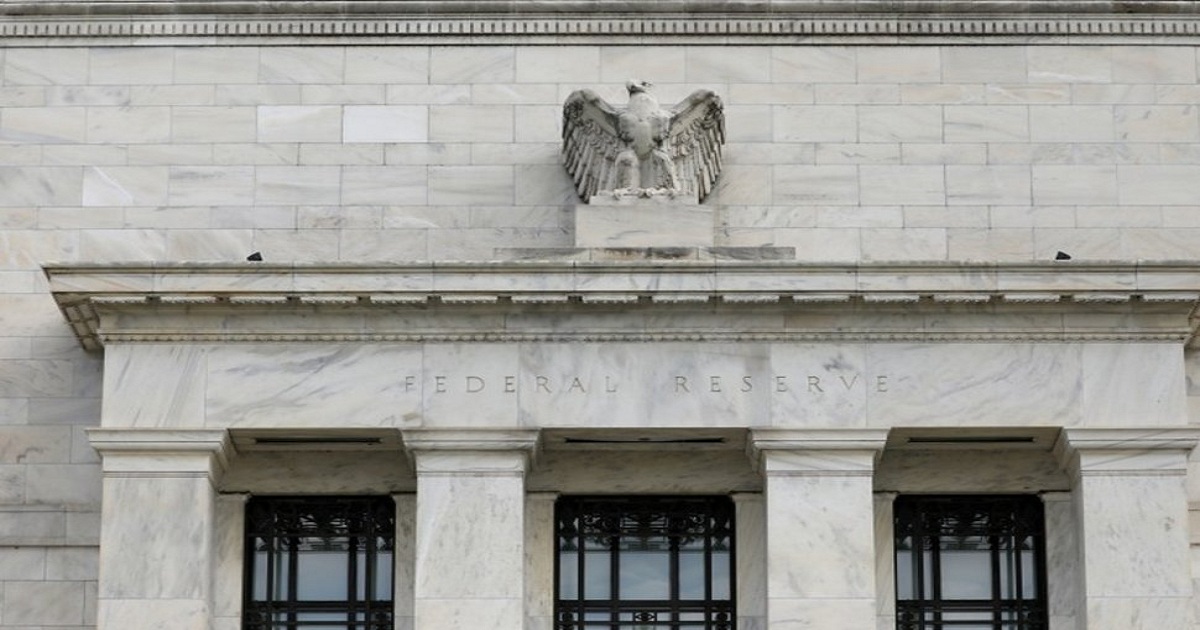European Banking Chief: Euro Needs a Central Budget
Usnews | November 26, 2018

The head of the European Central Bank is renewing his pleas to fix flaws in the 19-country euro currency, urging European leaders to adopt a central spending pot to buffer individual governments against financial crises. Mario Draghi said Monday in the European Parliament that "the euro area needs a fiscal instrument" to keep member countries afloat during sudden shocks like the 2007-08 global financial crisis. Such a fiscal pot, he said, needs to be big enough and should deploy automatically when trouble strikes, but must not encourage irresponsible spending by governments. He cited the example of the United States, where spending by the federal government continues uninterrupted when trouble hits an individual state. The 19-country eurozone, which marks the 20th anniversary of the shared currency at year end, survived a debt and economic crisis in 2010-2012. That experience has led to the recognition that the currency union lacked key elements when it was created in 1999 as an ambitious project to further integrate the European Union's economy. Eurozone countries that hit recessions can't take the usual steps of cutting central bank interest rates or letting their currencies fall in value, since they no longer have their own currency. The union means there is one currency and central bank but 19 different governments with responsibility for economic policy and spending. Draghi said that proposals by the European Commission for an EU fund to support investment spending, and by the French and German governments for a eurozone-only budget within the broader EU budget, were "first steps." Both proposals envisage funds that are only a fraction of the eurozone economy, and the Commission's proposal is for budget support in the form of loans that would have to be paid back.